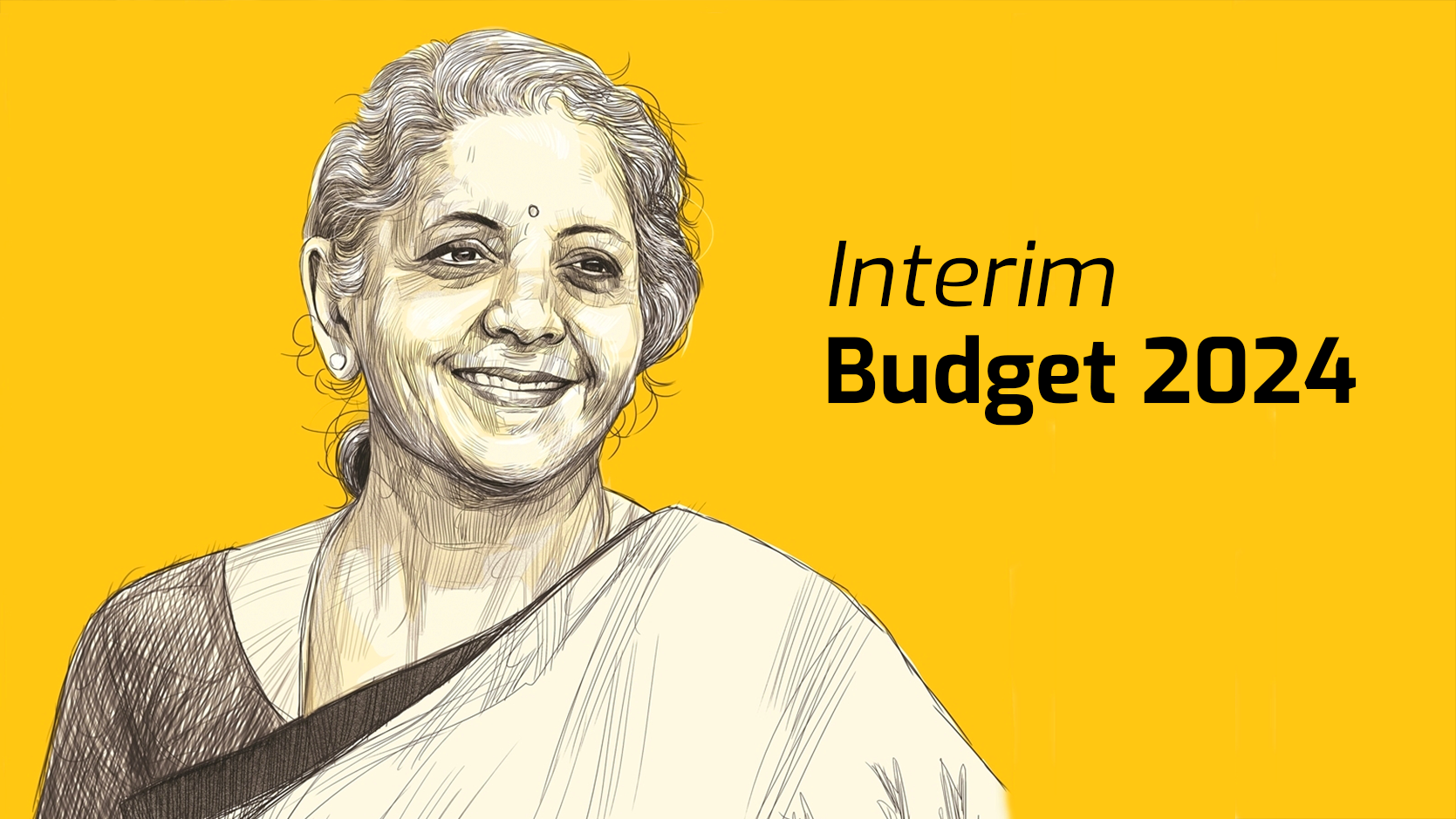UPSC Mains Syllabus: The UPSC mains exam consists of nine theory papers, but only marks from seven papers count towards the final merit list. The English and Indian Language papers are qualifying, meaning candidates need to score at least 25% to be eligible for selection.
The UPSC mains syllabus for 2024 covers various topics, and aspirants can find detailed information in the PDF format. The UPSC Notification for 2024 was released on February 14, 2024, providing essential details about the exam.
To qualify for the Mains, candidates must score above the cut-off in the Prelims stage, which features objective-type (MCQs) questions. The Mains exam, on the other hand, requires a deeper understanding of the subjects.
For the year 2024, the Prelims are scheduled for June 16 2024, while the Mains will begin in September 2024. This timeline allows ample time for serious aspirants to prepare thoroughly for the comprehensive exam syllabus.
UPSC Mains Syllabus
The UPSC Mains exam for 2024, as outlined in the UPSC CSE Notification, follows a structured pattern aimed at assessing candidates’ comprehensive understanding and ability to articulate their thoughts effectively within the allotted time frame.
The exam consists of nine papers, with Papers A and B focusing on language proficiency in an Indian language and English, respectively. These two papers are qualifying in nature, with candidates required to secure a minimum of 300 marks each.
UPSC Mains Pattern
| Paper | Subject | Duration | Total Marks |
| Paper A | Compulsory Indian language | 3 hours | 300 (Qualifying) |
| Paper B | English | 3 hours | 300 (Qualifying) |
| Paper I | Essay | 3 hours | 250 |
| Paper II | General Studies I – Indian Heritage & Culture, History & Geography of the World & Society | 3 hours | 250 |
| Paper III | General Studies II – Governance, Constitution, Welfare Initiatives, Social Justice & International Relations | 3 hours | 250 |
| Paper IV | General Studies III – Technology, Economic Development, Agriculture, Biodiversity, Security & Disaster Management | 3 hours | 250 |
| Paper V | General Studies IV – Ethics, Integrity & Aptitude | 3 hours | 250 |
| Paper VI | Optional Subject – Paper I | 3 hours | 250 |
| Paper VII | Optional Subject – Paper II | 3 hours | 250 |
UPSC Mains Syllabus
The UPSC Mains Syllabus is comprehensive, covering a wide range of topics across various subjects. Here is an overview:
Language Papers (Indian language and English)
The Language Papers (Indian language and English) in the UPSC Mains exam are important, even though they are only for passing. If a candidate doesn’t get at least 25% in either of them, the rest of their answers won’t be checked. Both papers have similar types of questions:
- There’s one essay question worth 100 marks. Candidates pick one topic from a few options.
- They also have to read a passage and answer questions about it, for a total of 60 marks.
- There’s a summary writing task worth 60 marks, where they use a special grid structure on their answer sheet.
- Candidates translate from English to their chosen language and vice versa, each worth 20 marks.
- They also get tested on grammar and basic language use, like finding synonyms or correcting sentences, worth a total of 40 marks.
UPSC Essay Paper
In the UPSC Mains, candidates can choose subjects within certain sections, which helps them play to their strengths and get higher scores. For the essay section, there’s no fixed syllabus. But candidates need to stick closely to the topic, organize their thoughts well, and write clearly. They have to write two essays from a list of topics, adding up to 250 marks altogether.
UPSC General Studies Paper-1
The UPSC General Studies Paper-1 covers various topics related to Indian culture, history, society, and geography. Here is a overview of what it includes:
Indian Culture
- This covers important aspects of art, literature, and architecture from ancient times to now.
Modern Indian History
- It talks about significant events, people, and issues starting from the mid-18th century to today.
- It includes different stages of India’s fight for independence and the changes that happened after independence.
History of the World
- This part discusses events and their effects on society from the 18th century onwards.
- It includes things like world wars, industrial revolution, colonization, changing national boundaries, and different political ideas like communism and capitalism.
Society
Here, we look at Indian society and its diversity.
- It covers the roles of women, population issues, poverty, urbanization, and how we deal with these problems.
- It also looks at social empowerment, communalism, regionalism, secularism, and the effects of globalization on Indian society
Geography
- This section talks about the distribution of important natural resources around the world, especially in South Asia and the Indian sub-continent.
- It also discusses why industries are located where they are and important natural events like earthquakes, tsunamis, and volcanic activity.
- It looks at geographical features like water bodies and polar ice caps, how they’re changing, and how those changes affect plants, animals, and people.
- Finally, it talks about the main features of the Earth’s physical geography.
UPSC General Studies Paper-2
The UPSC General Studies Paper-2, commonly known as GS Paper-2 or Polity, covers a wide range of topics related to Indian governance, constitution, and international relations. Here’s a overview of what it includes:
Indian Constitution
- Historical background, evolution, and key features of the Indian Constitution.
- Amendments and significant provisions.
- Basic structure doctrine.
- Comparison with constitutions of other countries.
Functions and Responsibilities:
- Roles and challenges of the Union and the States in India’s federal structure.
- Devolution of powers and finances to local levels and associated challenges.
- Separation of powers between different governmental organs.
- Dispute redressal mechanisms and institutions.
Structure and Functioning:
- Organization and functioning of the Executive and the Judiciary.
- Parliament and State Legislatures: structure, functioning, and conduct of business.
- Powers, privileges, and issues arising from them.
Government Bodies and Policies:
- Ministries, Departments, and Constitutional Bodies.
- Statutory, regulatory, and quasi-judicial bodies.
- Government policies across sectors and their implementation.
Development and Welfare:
- Role of NGOs, Self Help Groups, and other stakeholders in development processes.
- Welfare schemes for vulnerable sections and their performance.
- Issues related to social sector services, poverty, and hunger.
Governance and Accountability:
- Aspects of governance, transparency, and accountability.
- E-governance: applications, models, successes, limitations, and potential.
- Role of civil services in a democracy.
International Relations:
- India’s relations with neighboring countries and other nations globally.
- Bilateral, regional, and global groupings and agreements involving India.
- Impact of policies and politics of developed and developing countries on India’s interests.
- Important international institutions, agencies, and their mandates.
UPSC General Studies Paper-3
The UPSC General Studies Paper-III covers a broad spectrum of topics related to the economy, science, technology, environment, and security. Here’s a simplified breakdown of what it includes:
Economy:
- Indian Economy: Issues related to planning, resource mobilization, growth, development, and employment.
- Government Budgeting.
- Inclusive growth and associated challenges.
- Effects of liberalization on the economy post-1991, changes in industrial policy, and their impact on industrial growth.
- Infrastructure development: Energy, Ports, Roads, Airports, Railways, etc.
- Investment models like Public-Private Partnerships (PPP).
Agriculture:
- Major cropping patterns in different regions, types of irrigation, and related issues.
- E-technology’s role in agriculture.
- Economics of animal rearing.
- Food processing industries: scope, significance, supply chain management.
- Issues related to farm subsidies, minimum support prices, Public Distribution System, and food security.
- Land reforms in India.
Science and Technology:
- Recent developments and their applications in daily life.
- Achievements of Indians in science & technology.
- Indigenization and development of new technology.
- General awareness in fields like IT, Space, Computers, Robotics, Nanotechnology, and Biotechnology.
- Issues concerning intellectual property rights.
Environment:
- Conservation efforts.
- Environmental pollution and degradation.
- Environmental impact assessment.
- Disaster Management laws and acts.
Security:
- Challenges to internal security from external state and non-state actors.
- Linkages between development and extremism.
- Challenges to internal security through communication networks, media, and social networking sites.
- Basics of cyber security, money laundering, and prevention.
- Security challenges and their management in border areas.
- Role of various security forces and agencies.
UPSC General Studies Paper-4
The UPSC General Studies Paper-IV, also known as the Ethics paper, assesses candidates’ attitudes and approaches to issues related to integrity, probity in public life, and problem-solving in societal matters. Here’s a simplified breakdown of the topics covered:
Ethics and Human Interface:
- Essence, determinants, and consequences of ethics in human interaction.
- Dimensions of ethics in private and public relationships.
- Lessons from the lives of great leaders, reformers, and administrators.
Attitude:
- Content, structure, and function of attitude.
- Influence of attitude on thoughts and behaviours.
- Relation of attitude to thoughts and behaviours.
- Moral and political attitudes.
Aptitude:
- Foundational values of civil service.
- Integrity, impartiality, objectivity, dedication to public service, empathy, tolerance, and compassion.
Emotional Intelligence:
- Concepts and utility of emotional intelligence in administration and governance.
Contributions of Thinkers and Philosophers:
- Contributions of moral thinkers and philosophers to the concepts of morality.
Public/Civil Service Values and Ethics in Public Administration:
- Status, associated problems, and ethical concerns in government and private institutions.
- Laws, rules, regulations, and conscience as sources of ethical guidance.
- Accountability, ethical governance, and strengthening of ethical values.
Ethical Issues:
- Ethical dilemmas in international relations and funding.
- Corporate governance and probity in governance.
- Information sharing, transparency, right to information, codes of ethics, and conduct.
Work Culture:
- Quality of service delivery, utilization of public funds, and challenges of corruption.
UPSC Optional Subject (Two Papers)
Choosing the right optional subject for the UPSC mains is important as it can significantly impact your overall score. With 48 options available, it’s important to make a well-informed decision. Consider factors such as your interest, background knowledge, availability of study material, and scoring potential of the subject.
To make the best choice, research each optional subject thoroughly. Look into the syllabus, previous year question papers, and scoring trends. Consider your strengths and weaknesses, and choose a subject that you can study with dedication and enthusiasm.
Seek guidance from mentors, teachers, or seniors who have experience with the UPSC exam. They can provide valuable insights and help you make an informed decision.
Remember, there is no one-size-fits-all answer when it comes to selecting an optional subject. What works for one candidate may not work for another. Ultimately, choose a subject that you feel confident about and that aligns with your interests and strengths.
Array





